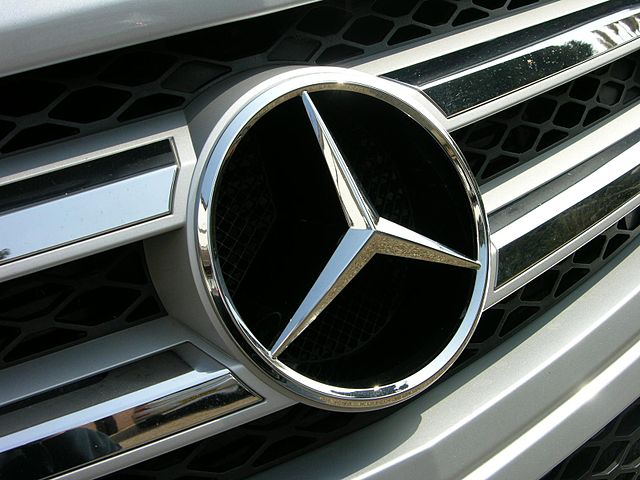Cars and Drivers
Car Import Tariffs Delayed to See If US Can Strike a Deal With EU, Japan

Published:
Last Updated:

One day before a decision was due on whether to impose tariffs on automobile imports, the Trump administration on Friday said it would delay a decision for up to six months while the U.S. Trade Representative, Robert Lighthizer, continues to negotiate trade deals with the European Union and Japan.
A statement from White House press secretary Sarah Sanders noted that Lighthizer has been directed by the president to work on an agreement to address the “threatened impairment” of national security resulting from automobile imports. The threat to national security was determined by the Department of Commerce, which presented a report to the president in February recommending a tariff of up to 25% on all imported cars and sport utility vehicles.
The Commerce Secretary Wilbur Ross foreshadowed the report’s conclusion in a May 2018 interview with CNBC: “Economic security is military security. And without economic security, you can’t have military security.” In a March 2019 interview with Fox News, the president seemed to disagree: “What poses a national security risk is our balance sheet. We have to have — we need a strong balance sheet. Otherwise, you don’t have national security.”
A tariff on auto imports would raise the price of vehicles manufactured outside the United States. The president rejected a European Union offer to eliminate its 10% tariff on vehicles imported into the EU in exchange for a U.S. agreement to wipe out its 2.5% tariff on cars and 25% on trucks. Trump rejected that deal out of hand: “I wouldn’t do that deal,” he told Fox’s Maria Bartiromo.
What appears to be happening here is that the president, who has called himself “Tariff Man,” wants to impose tariffs on virtually everything, including autos, but has been warned that tariffs could weaken the country’s strong economic growth. That strong economy holds an important place in the president’s reelection plans, and he has just given himself until mid-November of this year to decide on the auto tariff. A further delay beyond November is not out of the question either, unless, of course, imposing the tariff on autos looks more like a political winner then than it does now. Consumer sentiment has risen strongly ahead of tariff fears.
Thank you for reading! Have some feedback for us?
Contact the 24/7 Wall St. editorial team.